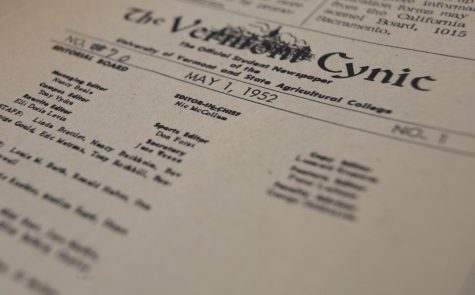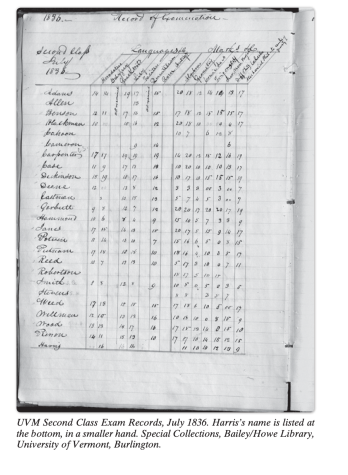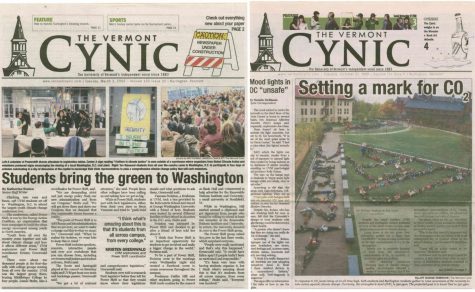FDA Considering Offering Morning-After Pill
A brand of the morning-after pill may soon be available over the counter, which means female University of Oregon students could be able to go to the drugstore instead of the doctor to obtain emergency contraception.
The Women’s Capital Corporation submitted an application in April 2003 to the Food and Drug Administration to switch Plan B (Levonorgestrel), a brand of emergency contraception, from prescription to over-the-counter use.
The FDA Nonprescription Drugs Advisory Committee and the Advisory Committee for Reproductive Health Drugs met on Dec. 16, 2003, to discuss whether Plan B met regulatory requirements for nonprescription marketing and hear testimony regarding WCC’s application.
The joint committee deliberated many questions when considering the application, such as whether Plan B has low misuse and abuse potential and whether the product is safe during use, according to the meeting agenda.
The committee recommended 23-4 that Plan B be made available over the counter, and the FDA must now consider the recommendation. The FDA’s decision is expected in February, but no meeting date has been set, according to the FDA’s Web site.
The morning-after pill is a backup method to prevent pregnancy after unprotected sex or a contraceptive accident. It should be taken within 72 hours of intercourse with a second dose taken 12 hours later. According to Plan B’s Web site, it can reduce the risk of pregnancy by 89 percent when used correctly. If used within 24 hours of intercourse, it can reduce the risk of pregnancy by 95 percent.
The Web site states that the level of effectiveness decreases as time passes, so it should be taken as soon after unprotected sex as possible. Plan B works in two ways: It can either delay ovulation or prevent fertilization, or it can prevent an embryo from implanting in the woman’s womb.
Many women’s health organizations, such as Planned Parenthood, are in support of making Plan B available over the counter.
“Emergency contraception is safe and effective and is the best way to prevent unintended pregnancy in cases of contraceptive failure,” said Linda Bryant, assistant medical director of the Columbia/Willamette, Ore., branch of Planned Parenthood. “Widespread use of this medication could prevent thousands of unintended pregnancies in Oregon.”
But Oregon Right to Life Executive Director Gayle Atteberry said the morning-after pill is misnamed because it does not always act as a contraceptive.
Atteberry said in some cases emergency contraception can delay ovulation or prevent the egg from being fertilized, and in those cases, the organization does not oppose the pill.
In other cases, she said, emergency contraception prevents implantation of a growing embryo in a woman’s womb. Atteberry said that once an egg is fertilized, it grows into an embryo over about eight days, then plants itself in the womb. The organization does not support the use of the morning-after pill at this stage because it acts as an abortion.
“Oregon Right to Life takes no stand on legitimate contraceptives,” Atteberry said. “But we don’t support abortion.”
As of now, the organization has taken a neutral stance on emergency contraception and the possibility of Plan B being offered over the counter because it says there’s no way to tell exactly how the morning-after pill will work on a woman.










